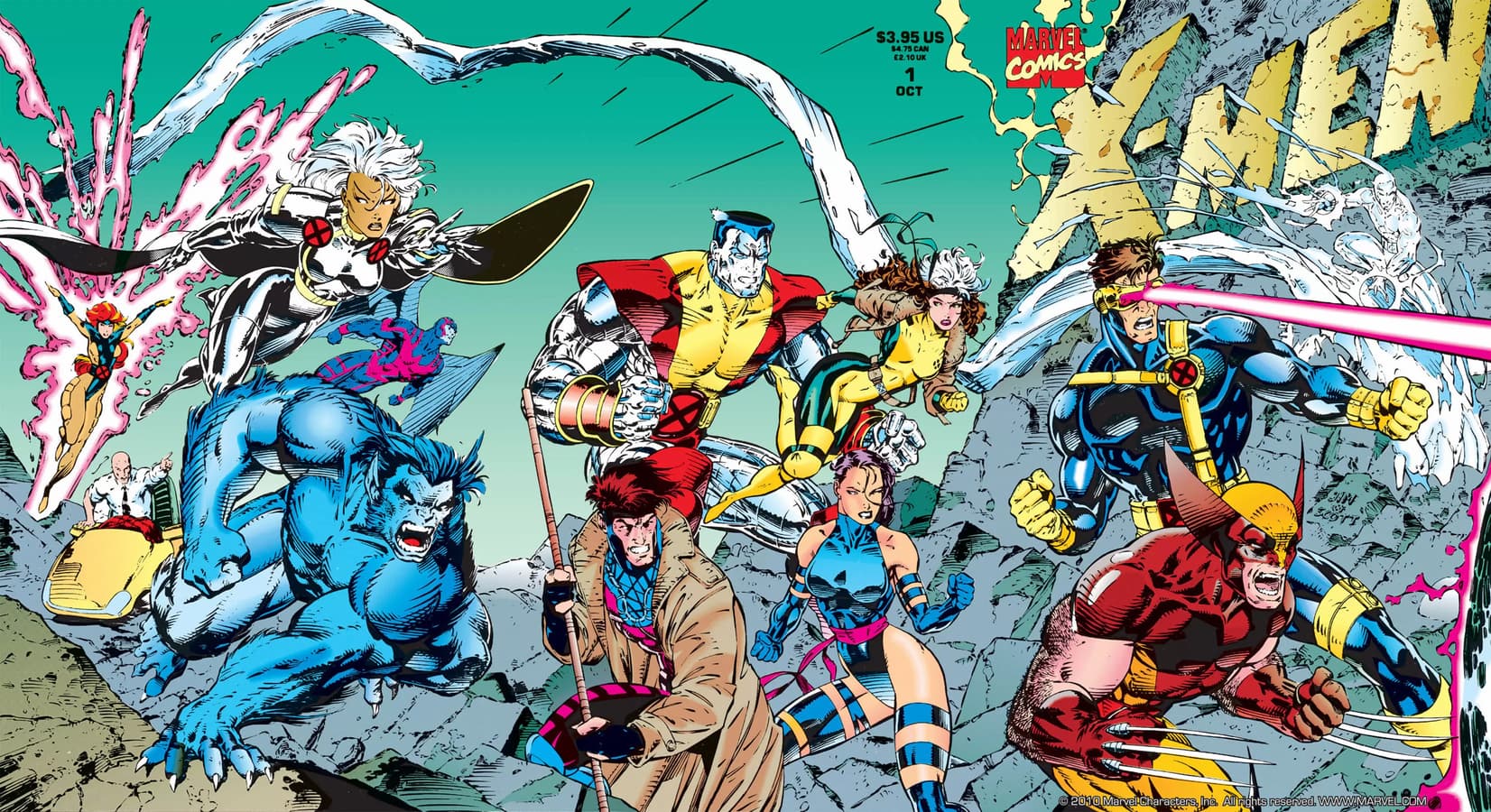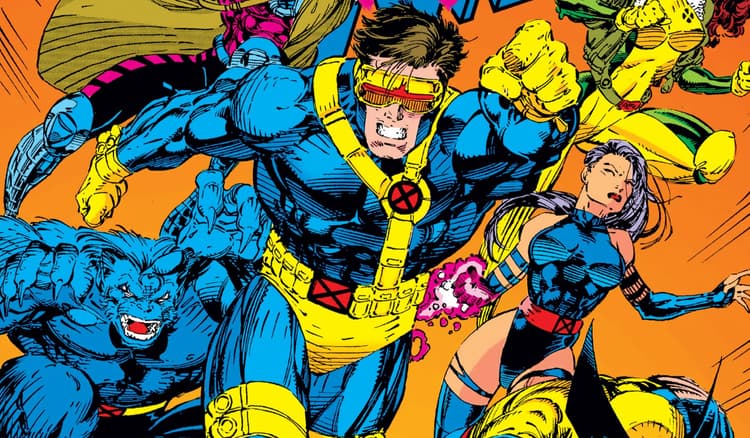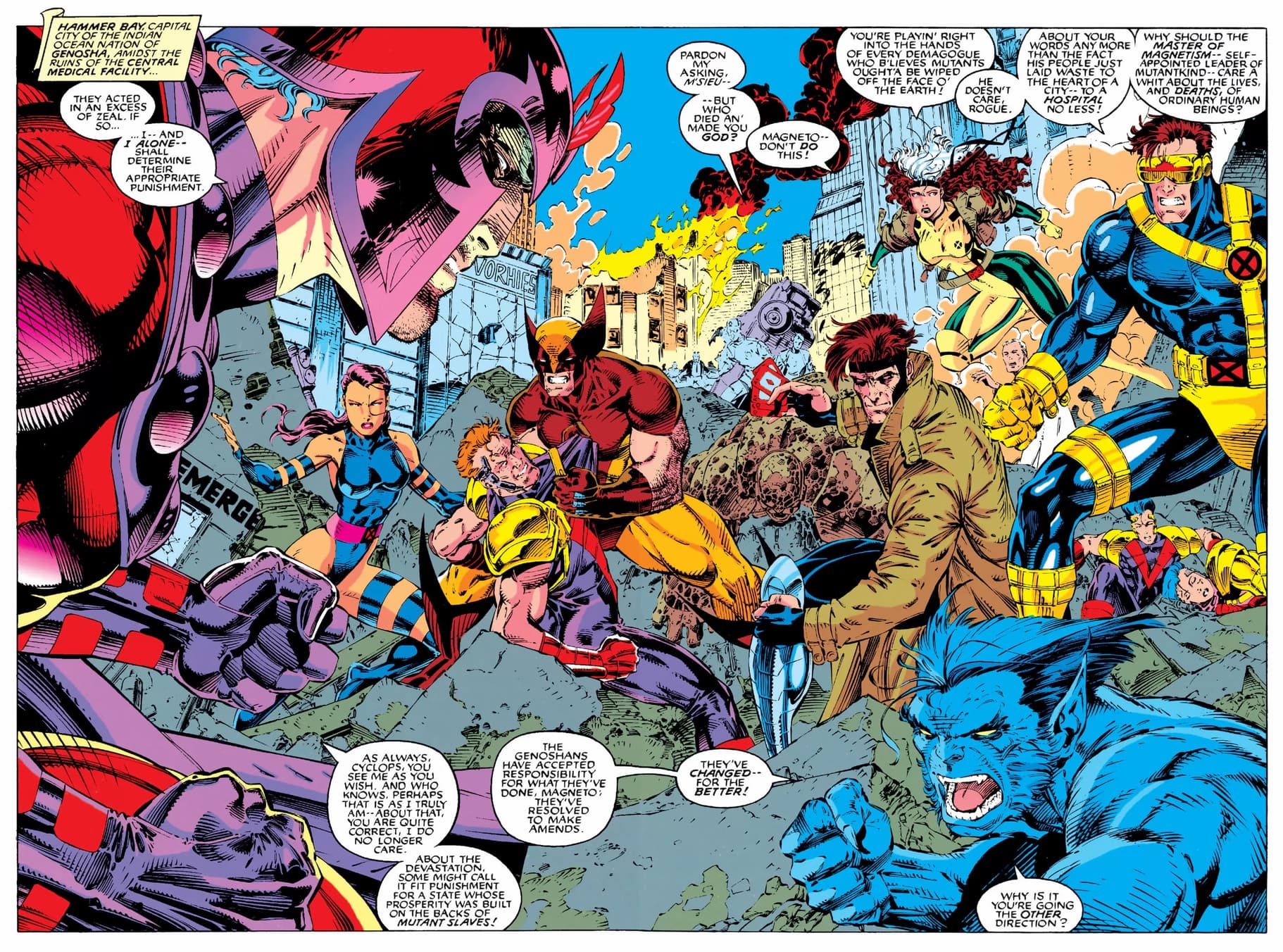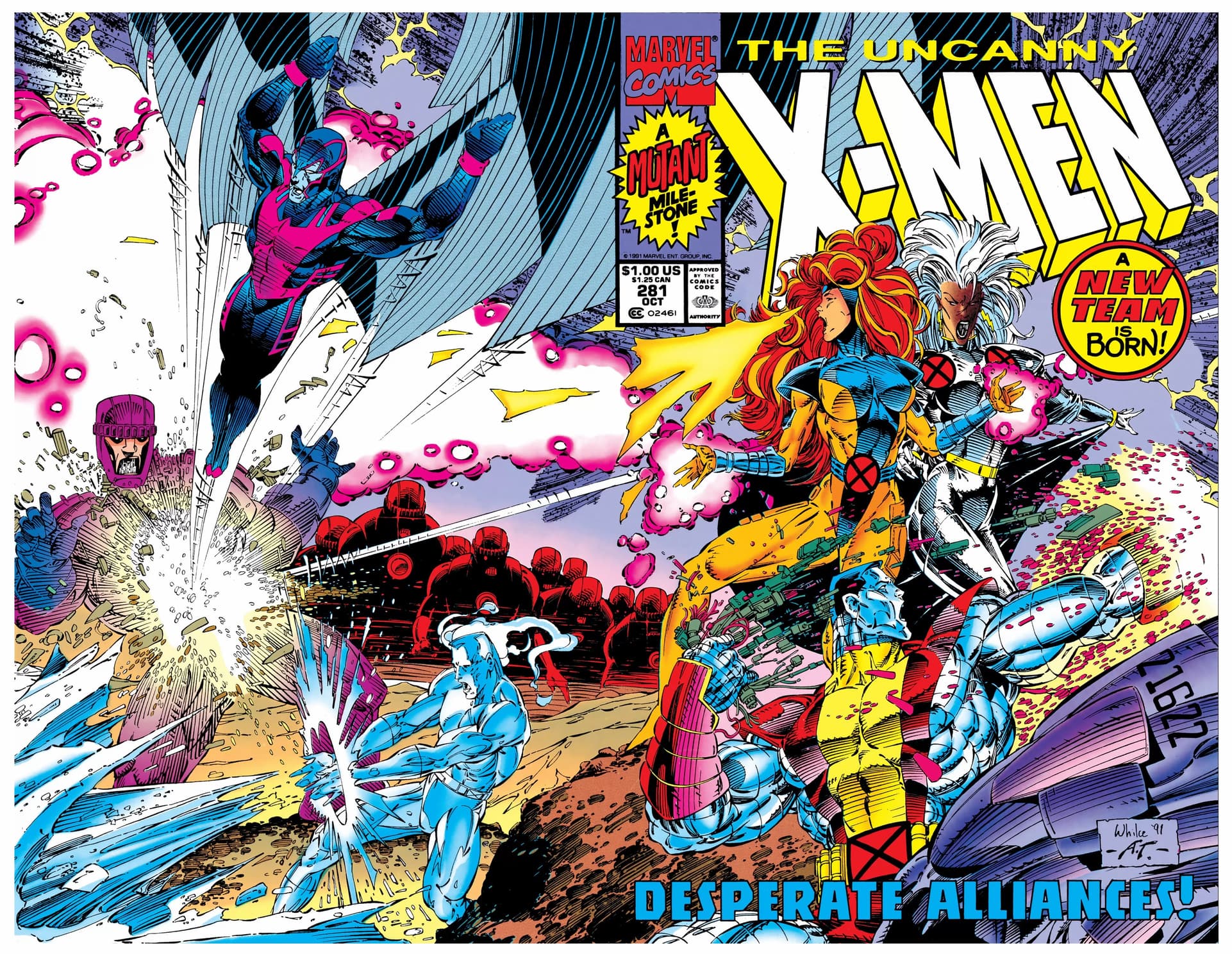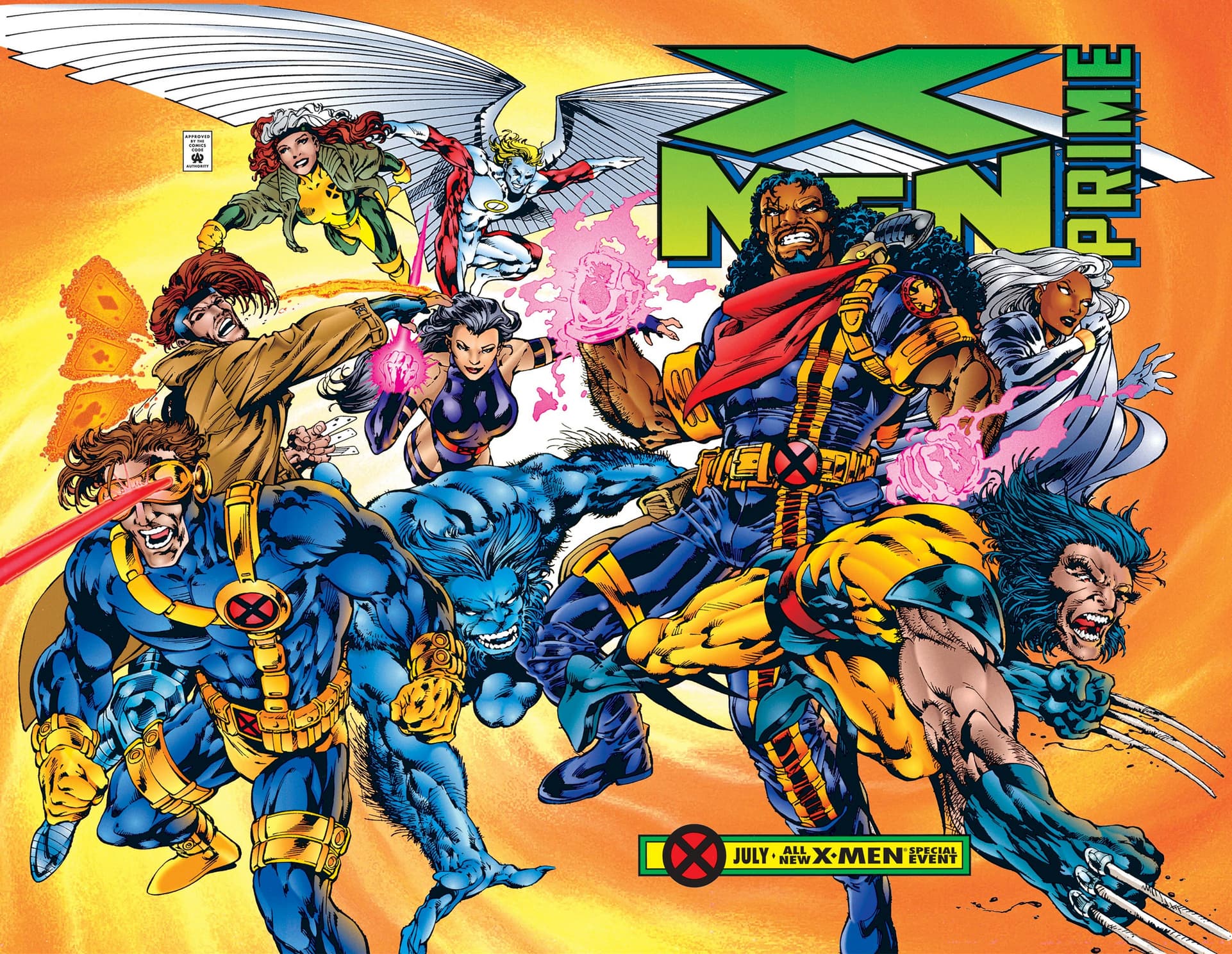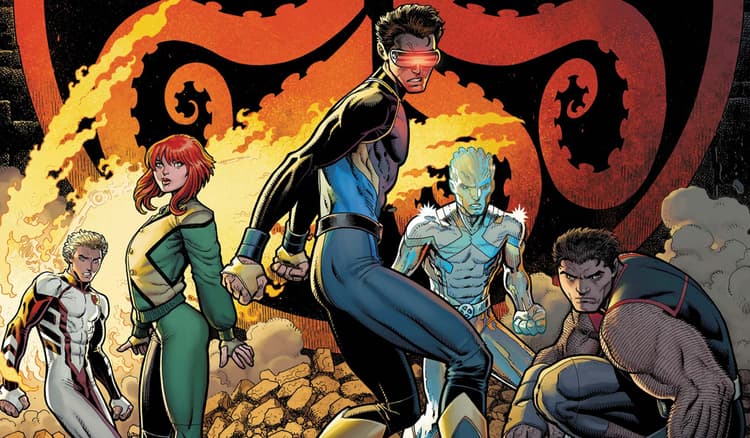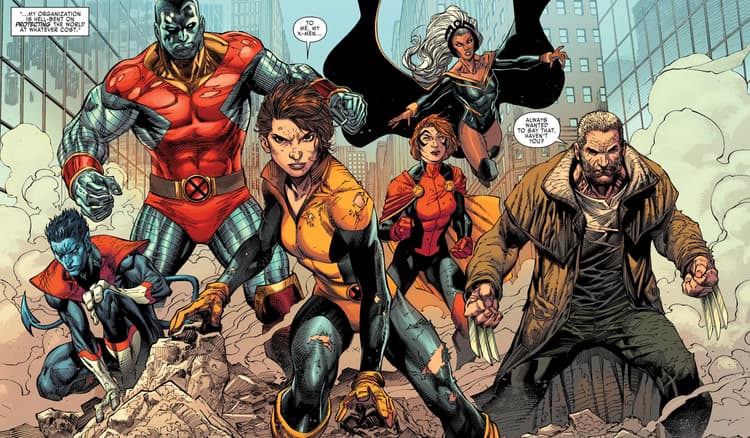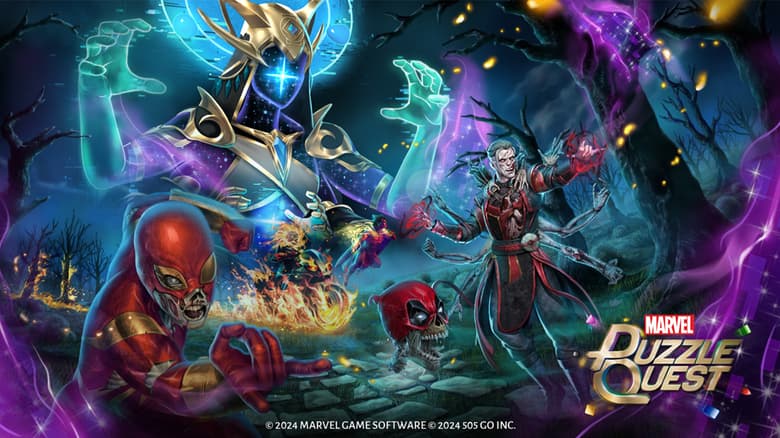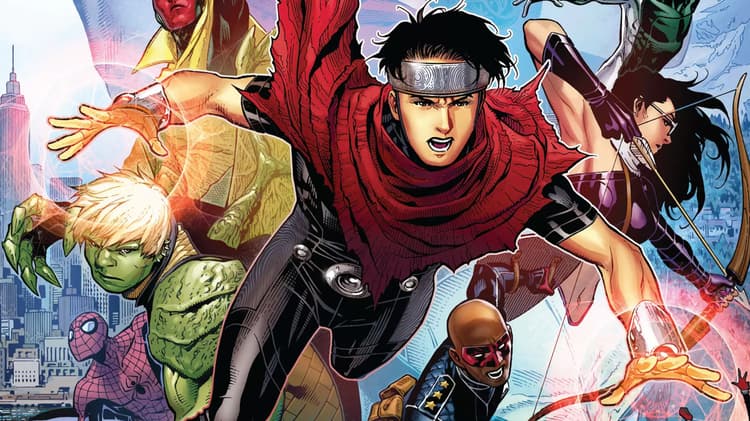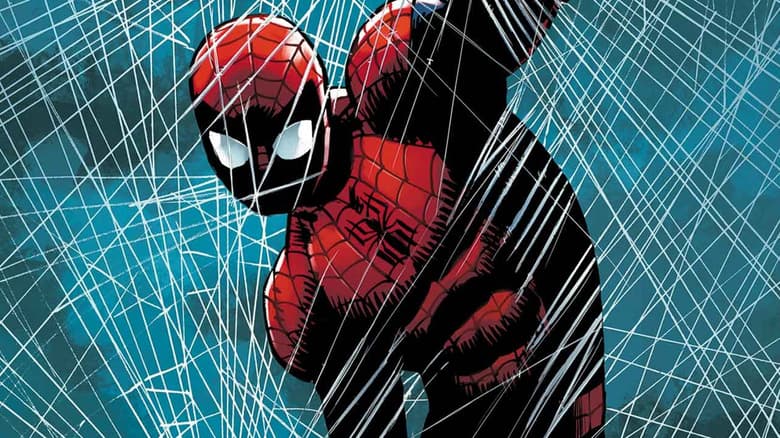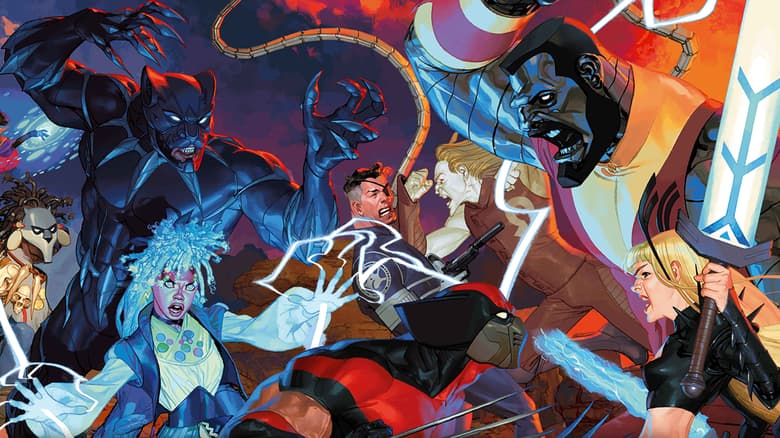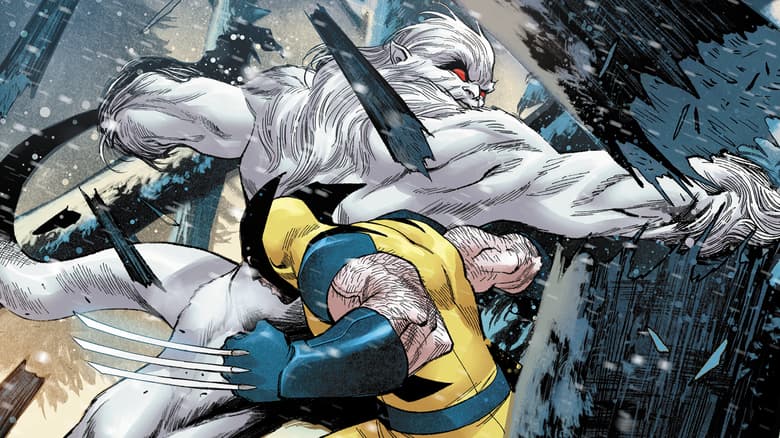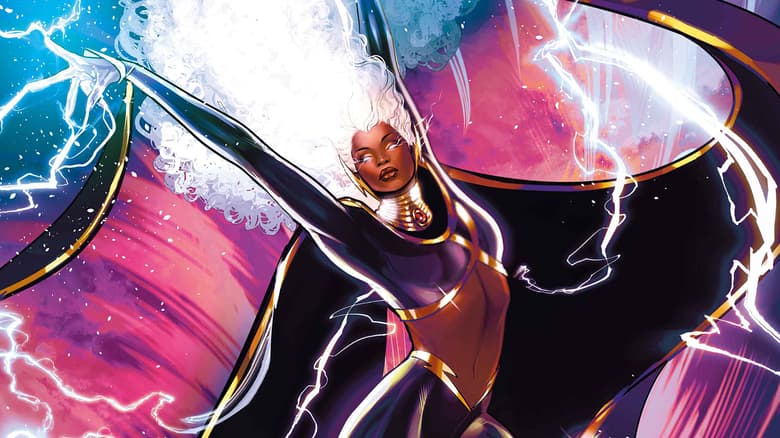The History of the X-Men's Blue & Gold Teams
What are the X-Men's Blue and Gold Teams? Discover the events that led the X-Men to split up, what made each team distinct, their continuing legacies, and more!
Sometimes, there are just too many mutants to fit on one X-Men team. With an extended roster that includes over a hundred heroes, reformed villains, and students with various amounts of training, the X-Men simply can't allow every mutant to serve on one team at the same time.
So, when over a dozen mutants joined the primary X-Men team, the mutants split up into the Blue Team and the Gold Team, with names that echo the colors of the X-Men's original uniforms. While their initial runs only lasted for a few years, the debut of these teams marks the first time multiple official X-Men squads operated out of the X-Mansion simultaneously, and both groups starred in some of the most memorable moments in mutant history.
Now, let's take a closer look at the X-Men's Blue and Gold teams, how they came together, what they did, and how their legacy still reverberates in the Marvel Universe today.
HOW X-MEN BLUE AND GOLD TEAMS FORMED
The Blue and Gold teams formed after the X-Men spent an extended amount of time apart. Following their journey through a mystical portal called the Siege Perilous, several members of the X-Men ended up scattered all around the world, and they started pairing up with other mutants. While some were members of other mutant teams like X-Factor, an impromptu group of X-Men—including Forge and Banshee—came together on Muir Island.
Eventually, members of these various groups began working more closely together to deal with threats, like the mutant-hating Cameron Hodge during the "X-Tinction Agenda" crossover. After a small group of X-Men went into space to save Professor X from Skrulls in the Shi'ar Empire, the X-Men and X-Factor teamed up to face the Shadow King and the mutants he possessed on Muir Island. By the end of "The Muir Island Saga," the central X-Men team included 14 members, which Professor X said was not feasible for a single team.
While a few X-Men stepped back into supporting roles, most of the X-Men split up into the Blue and Gold teams in X-MEN (1991) #1 by Chris Claremont and Jim Lee. Although members of both squads still followed Professor X, interacted regularly, and lived together at the X-Mansion, the teams went on separate missions.
WHAT IS THE X-MEN BLUE TEAM?
Under the leadership of Cyclops, the X-Men Blue Team brought together Wolverine, Beast, Psylocke, Rogue, and Gambit. As the Blue Team's adventures continued throughout X-MEN (1991), Jubilee and Kwannon—an assassin whose mind was stuck in Psylocke's original body—eventually joined this team of proven heroes and powerful newcomers. This group also had several encounters with Maverick, Wolverine's old ally from his days as a black-ops agent in Team X. Eventually, Cyclops left the Blue Team for his honeymoon with Jean Grey.
On their first mission, the Blue Team confronted Magneto and his Acolytes on Asteroid M, and they were briefly brainwashed into following the Master of Magnetism and battling the Gold Team. After defeating Magneto, this group battled Omega Red for the first time and had several encounters with a group of Apocalypse's followers called the Dark Riders.
In its early days, this group helped Ghost Rider battle the Brood in New Orleans and dealt with classic X-Men threats like Mister Sinister, Sabretooth, the Silver Samurai, Spiral, and Mojo. When Kwannon fell ill with a mutant plague called the Legacy Virus and died, several Blue Team members also helped Psylocke understand the nature of her complex relationship with the assassin.
WHAT IS THE X-MEN GOLD TEAM?
Under the leadership of Storm, the X-Men Gold Team included Jean Grey, Colossus, Iceman, Archangel, and occasionally Forge. The adventures of these veteran mutant heroes started in UNCANNY X-MEN (1963) #281 by John Byrne, Jim Lee, and Whilce Portacio. As the Gold Team's adventures continued in subsequent issues of UNCANNY X-MEN (1963), Bishop joined the team after time-traveling to the present day. Jean Grey left this group when she married Cyclops, and a despondent Colossus briefly joined Magneto's Acolytes after his sister, Magik, succumbed to the Legacy Virus.
After defeating Magneto with the Blue Team, the Gold Team helped Bishop adjust to this era as he hunted Trevor Fitzroy, a time-traveling serial killer who killed the Hellions with a fleet of Sentinels. During that attack, Emma Frost was also severely wounded, and the Gold Team helped her recover while she briefly took over Iceman's body. This group encountered the Phalanx, a race of technological aliens that conquered through assimilating other civilizations. The Gold Team also dealt with Callisto and the Morlocks, the other-dimensional Triumvirate, and Mikhail Rasputin, Colossus' reality-warping brother.
HOW X-MEN'S BLUE AND GOLD TEAMS ENDED
After teaming up with X-Force, X-Factor, and each other to take on Mister Sinister and Stryfe during the "X-Cutioner's Song" crossover, the Blue and Gold Teams began to interact with each other more frequently and appear in each other's adventures. For instance, Colossus joined the Blue Team for a mission in Russia, and both teams worked together to stop Magneto's attack on the world during the "Fatal Attractions" storyline. Having worked very closely together through several crises, the Blue and Gold Teams quietly dissolved into one larger X-Men group in the wake of the "Phalanx Covenant" crossover.
Since the original Blue and Gold teams reunited, the X-Men have divided themselves into groups numerous times, but they have only occasionally used the "Blue and Gold" naming structure. After Cyclops and Wolverine went to war over their visions for the team in X-MEN: SCHISM (2011), the X-Men split up between Cyclops' militaristic faction on the island Utopia and Wolverine's education-focused group at the X-Mansion starting in X-MEN: REGENESIS (2011) #1 by Kieron Gillen and Billy Tan. Comics starring Cyclops' faction carried blue "Regenesis" logos, while titles starring Wolverine and his allies had gold logos throughout the "Regenesis" era.
X-MEN BLUE'S LEGACY
Several years later, the X-Men officially split into Blue and Gold Teams again. When time-traveling teenage versions of Jean Grey and the original X-Men got trapped in the present day, they split off from the rest of the X-Men and debuted as a new Blue Team in X-MEN: BLUE (2017) #1 by Cullen Bunn, Jorge Molina, and Matteo Buffagni.
This team faced villains like Ahab, Bastion, Miss Sinister, and the White Queen. This group also dealt with villainous alternate-reality X-Men like the New Marauders and the Hex-Men. In addition to a dimension-hopping encounter with X-Men 2099, the Blue Team joined forces with Venom and faced a group of alien symbiote predators called the Poisons.
In addition to its original members, this group briefly brought on Magneto and recruited alternate reality mutants like Jimmy Hudson, the Poison-wielding son of Ultimate Wolverine, and Bloodstorm, a vampiric version of Storm. During a crisis involving the mutation-generating Mothervine virus, Polaris, Daken, Xorn, and Gazing Nightshade also briefly joined a makeshift Blue Team in X-MEN: BLUE (2017) #25 by Bunn and Molina.
X-MEN GOLD'S LEGACY
When Kate "Kitty" Pryde began leading Xavier's School, she brought X-Men mainstays like Storm, Nightcrawler, Colossus, and Askani (Rachel Grey) together with Old Man Logan, an aged alternate reality Wolverine, to form a new Gold Team in X-MEN: GOLD (2017) #1 by Marc Guggenheim and Ardian Syaf. Since this team operated out of Xavier's School, it grew to feature several heroes who hung around the X-Mansion, including Magik, Cecilia Reyes, Magma, Rogue, and Iceman. This Gold Team also eventually brought on younger heroes like Armor, Ink, Hijack, and Pyro (Simon Lasker).
This group took on a new Brotherhood of Evil Mutants, as well as the anti-mutant Heritage Initiative and its leader, Lydia Nance. When they weren't trapped in the Negative Zone or stuck in prison, the Gold Team also faced a new X-Cutioner, an advanced Sentinel called Alpha, and Mesmero, who briefly took over Rachel's mind.
Although these Blue and Gold squads came together for crises like the "Mojo Worldwide" crossover and the wedding of Rogue and Gambit, these groups remained independent until the time-traveling young X-Men returned home, which effectively dissolved the Blue Team. Although there are no official Blue or Gold X-Men teams right now, the legacy of the original Blue and Gold teams lives on whenever multiple groups of X-Men work independently to give mutants a better future.
Want to read more about the X-Men's Blue and Gold Teams? Join Marvel Unlimited for instant access to 30,000+ comics on the Marvel Unlimited app or on the web, with digital issues spanning Marvel Comics classics to ongoing series!
The Hype Box
Can’t-miss news and updates from across the Marvel Universe!

TV Shows
Disney+ Debuts ‘Look Ahead’ Teaser for Upcoming Marvel Studios Titles
